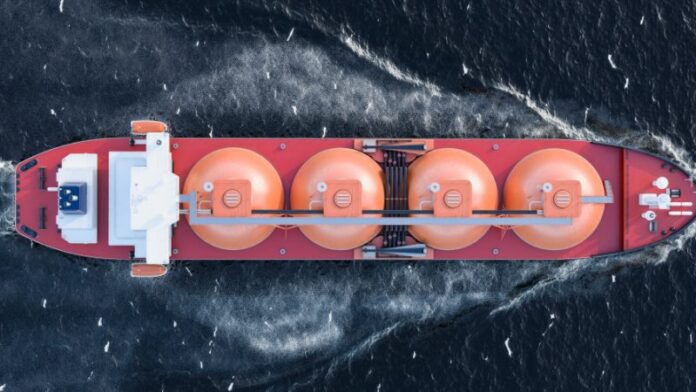
Recently Bulgaria decided to buy seven gas tanks from a US company Cheniere. But now, The Bulgarian government has decided to accept only one out of seven tanks of liquefied gas supplies from the US company Cheniere, even though the price is almost €30.
The US gas supplies would have filled about half of the gas requirements quantities for Bulgaria. But Petkov’s government was dismissed by a no-confidence vote, and now, the early parliamentary elections are scheduled for 2 October.
Currently, the caretaker government appointed by President Rumen Radev is in power and making every decision to finish the gas crisis in their country. His political opponents have blamed the president for trying to resume Gazprom supplies lower than the price offered by European gas exchanges.
Caretaker Energy Minister Rosen Hristov explained that the liquefied gas offer from the US had been denied because it is costly to secure LNG slots in Turkey and Greece. Hristov said that Bulgaria may have already risen from the gas crisis until now, but high prices were the problem.
Bulgaria and Poland were the first two European countries to which Gazprom stopped supplying gas because they refused to pay for the fuel in roubles. Authorities in Sofia provide about 1/3 of the required gas with a long-term contract with Azerbaijan, but still, other supplies rely on short-term contracts.
The main objective of the Bulgarian government is to provide a systemic supply of gas by pipelines. Next week, negotiations with three Turkish companies will be done. The main objective is to achieve fixed offers for delivery for 6 to 12 months, with a priority to guarantee the quantities delivered by the end of winter.
The Pro-European Formation Democratic Bulgaria explained that the government was trying to bring Bulgarian energy to a situation where they could fulfil their requirements at affordable prices, and Gazprom still remains an option.
